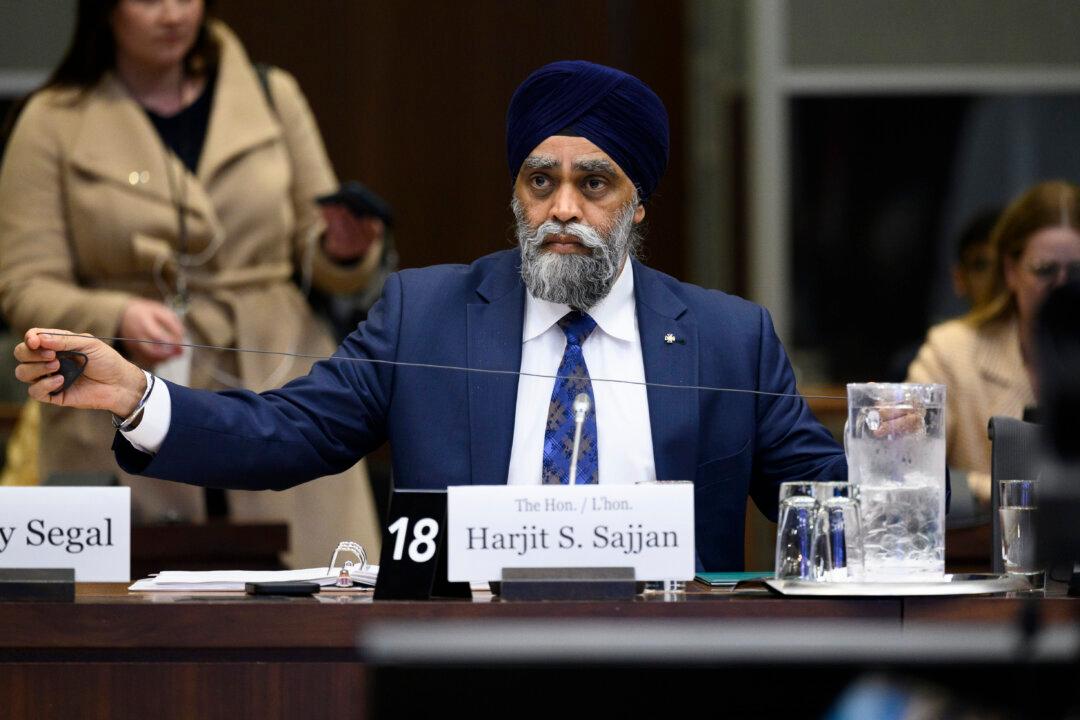Former Defence Minister Harjit Sajjan defended the attempted rescue mission of Sikhs during the 2021 withdrawal from Afghanistan, saying it was part of a government policy of evacuating vulnerable individuals to Canada that had been discussed months before the fall of Kabul.
Sajjan, who is currently minister of emergency preparedness, said during a Nov. 5 appearance before the Commons Defence Committee that the government had planned to evacuate “vulnerable communities” such as women leaders, journalists, LGBTQ2+ individuals, and persecuted religious minorities, “which included Sikhs and Hindus.”





